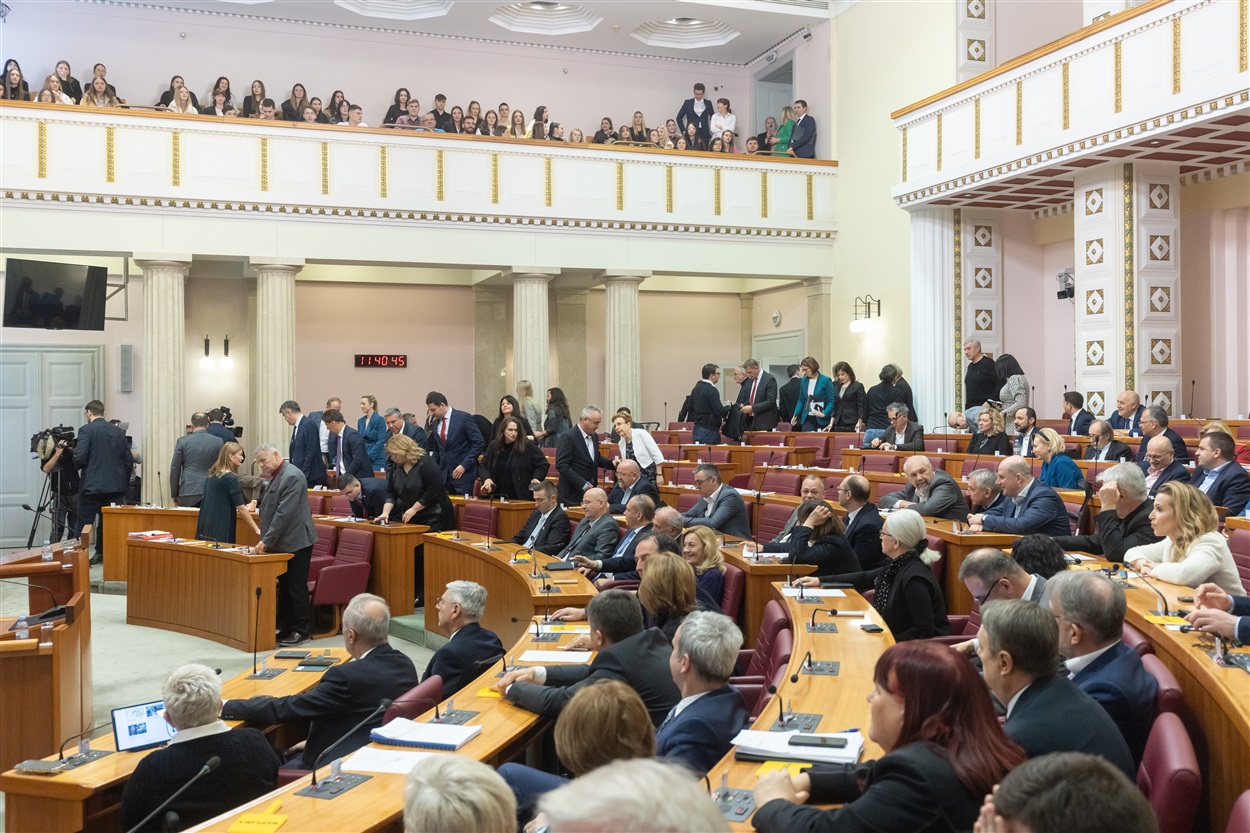
Zagreb - While not disputing that the Sabor should confirm the framework agreements on partnership and cooperation between the EU and Malaysia and the Kingdom of Thailand, some Members of Parliament on Friday questioned the state of human rights in those countries.
Ivan Kirin (HDZ) was interested in the state of human rights in the two countries, especially Malaysia, and mentioned restricted freedom of speech, assembly, and the alleged exploitation of foreign workers.
That is one of the challenges facing the EU when such agreements are concluded and that will be taken into consideration, the State Secretary at the Ministry of Foreign Affairs, Frane Matušić, said.
He confirmed that, with regard to Thailand, there are certain concerns regarding the state of human rights, the existence of special laws protecting the royal family, and the existence of the death penalty. In Malaysia, he said, the concerns are related to religious freedom and the right to practice religion.
MPs from both the ruling coalition and opposition parties welcomed the agreements, describing them as an opportunity for stronger economic cooperation with those countries, but also with Southeast Asia, especially since now Croatia is a member of the Schengen Area.
"When it entered the Schengen Area, Croatia became a new entry for all countries from the Far East. This is an opportunity to use our geopolitical position and to position ourselves even more strongly on the global economic map," Matušić added.
He explained that the framework agreement represents an important step towards the EU's increased political and economic presence in Southeast Asia, as it will replace the current legal framework on cooperation from 1980 between the European Economic Community and the Association of Southeast Asian Nations (ASEAN).
The framework agreement on partnership and cooperation, in the case of Malaysia, has been confirmed by 10 EU member states so far, and in Thailand's case by eight, Matušić said, underscoring that after the agreement is confirmed, Croatia will obtain a framework for strengthening bilateral cooperation with Malaysia and Thailand as important Asian economies.
It will also contribute to building partnership relations with third countries, which is strategically important in the context of the Russian aggression against Ukraine and the war in the Middle East and the strengthening of the security of supply chains, he said.